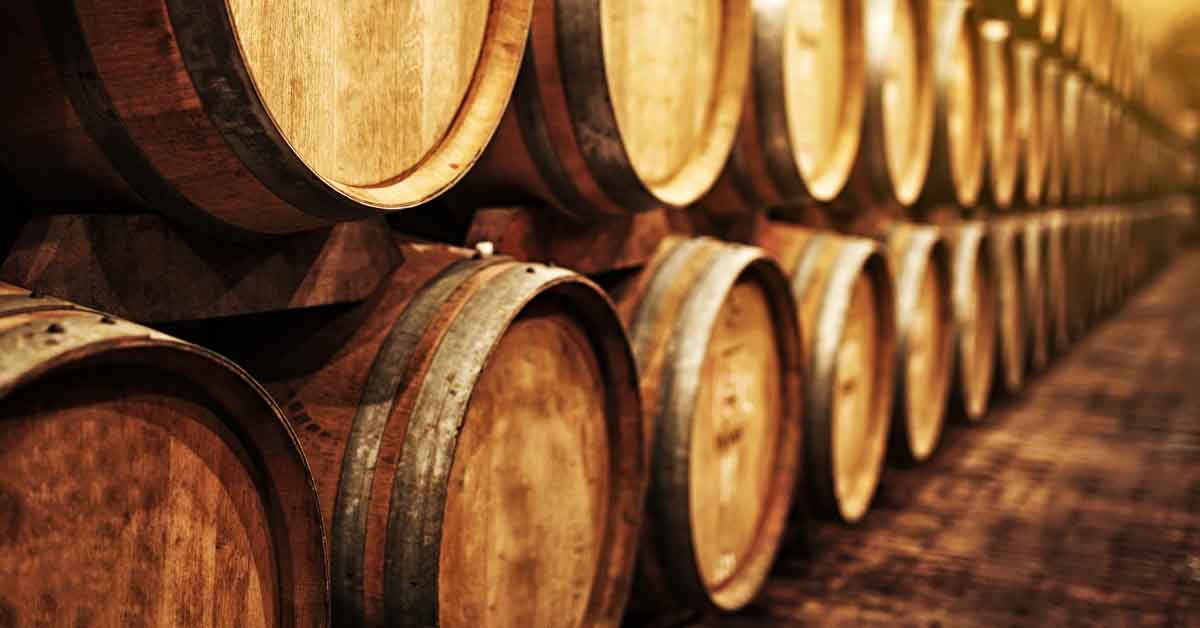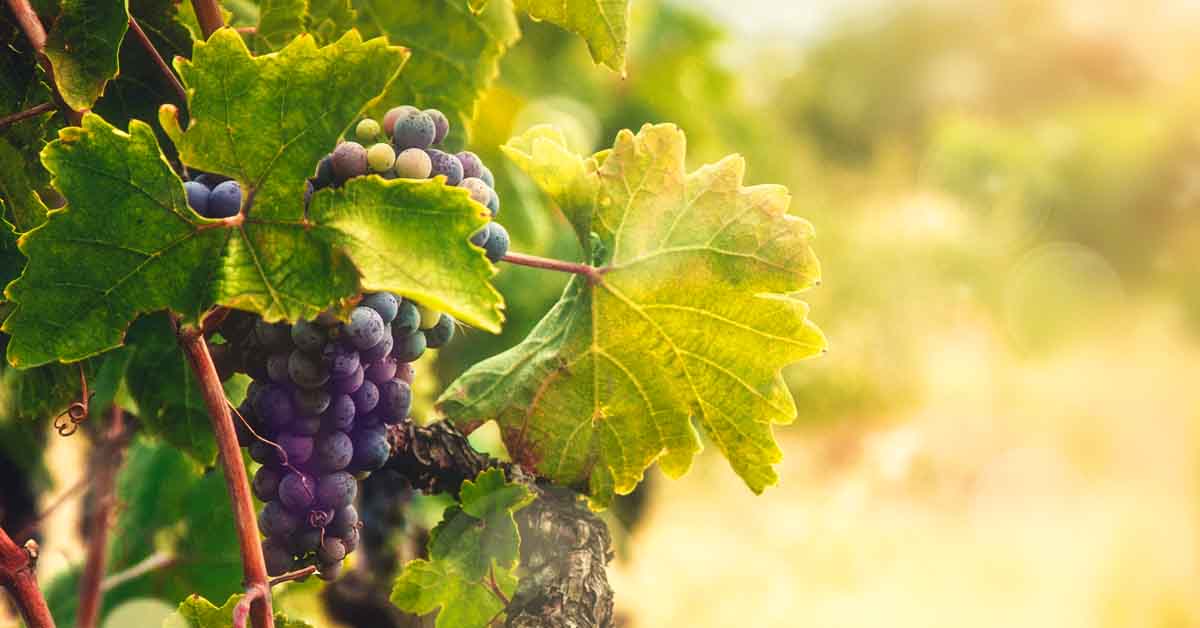Buying a vineyard or a winery involves acquiring a bundle of assets. Land is at the heart of the transaction, but you may also be buying crops, buildings, subsidies, goodwill, and intellectual property. Overlaid with that is how you are buying them – trading businesses may be sold as corporate transactions or “share sales” rather than a direct purchase of the underlying assets.
This article focuses on the assets you are acquiring and what terms your purchase contract might need to address.
Land
First and foremost, when buying either bare land to plant vines or an existing vineyard, you are buying land. Whether the soil is good for growing grapes is only one factor in determining the whether the land is right. Land is a complicated asset and when purchasing it for a vineyard you need to consider questions like:
- Are there restrictions that could stop you growing vines on it? For instance, does it have the right planning consents for its current or proposed use? Can you sell the wine as well as make it, or host wine tastings and weddings?
- Are there any third party rights that could affect operations? For example, is there a public footpath through the middle of the vineyard, or are there historic footpaths that could be registered in future?
- Are you inadvertently taking on other liabilities you were not expecting, such as claims from the seller’s employees or environmental contamination?
- What is planned in the area? For instance, is it next to a proposed new housing estate, or is HS2 or a new bypass going to plough through it?
- Where does the water come from? If you have abstraction licences or a private water supply, are you able to use those for the business, and what obligations are you taking on?
- Is there proper access to the public highway?
- How much tax are you going to pay on the acquisition – what are the rates of SDLT and VAT?
Due diligence by your solicitor will answer these questions and more. Armed with this knowledge you can adjust the price, if necessary, and negotiate sensible provisions into the contract to protect you against the risks.
Expert Insights
“The purchase of a vineyard is a new opportunity for clients to find a real connection with land and a chance to create a legacy investment. The best sites are hard to find, hard to acquire and the journey is often full of headaches and heartaches – you have to be resilient. Vines are a long time in the ground, therefore it is important to take site selection and preparation very seriously!”
Rupert Coles - Director, Rupert Coles Ltd
Buildings and equipment
Turning to production, wineries need premises to lay down bottles, keep expensive kit, house people on site and, increasingly, entertain visitors and customers. From bats to asbestos, there are nuances with bricks and mortar. A good surveyor is important if you want to understand the potential liabilities and costs of upkeep or conversion of the farm buildings.
Complying with the planning regime is critical. Three areas come up most: use, development, and listed buildings. Whether or not the site has the right consents in place for your proposed use must be checked by your solicitor – the planning rules are not straightforward, and many wineries will require specific consents for retail and leisure.
Around 400,000 buildings in England are listed, including a surprising number of old agricultural barns. Carrying out unauthorised works to a listed building without consent is a criminal offence so cannot be taken lightly, and there is no limitation period for enforcement action, so you could have to put right unauthorised works carried out by the seller. In the most serious scenarios, you may decide that the seller has to apply for consent for unauthorised works themselves before completion, and you might keep back some of the sale price as a retention to deal with the risk.
Less severe but more common in draughty, old buildings are missing building regulations certificates and potential failure to comply with the Minimum Energy Efficiency Standards (MEES), where Energy Performance Certificate ratings of F or G render a building unlettable. Again, you need to understand how this will affect your use of the site prior to exchange.
Viticulture also requires specialist equipment, much of which is valuable and hard to remove. If it is included in the sale, a key point to check is whether the seller is able to sell you everything you think you are buying – nemo dat quod non habet, literally meaning "no one can give what they do not have", is a long-established principle but one that can easily be overlooked where equipment is held on hire purchase terms. Assuming it is owned and included, there may be accountancy elements to address in the contract such as capital allowances elections, and having an experienced accountant to work with your lawyer is essential.
Crops
Most vineyards will be brought to the market in early spring and contracts are often exchanged in early summer – a quick sale where efficient solicitors have a sales pack ready can exchange in under a week, though most more substantial sales will take six to ten weeks. Most sales will then complete within a few months, either before or after the harvest.
If completion takes place before harvest, then the contract ought to deal with the grapes. Growing crops form part of the land and will be included in the sale by default; if they are, the seller may well require you to pay for them and any other items of what is known as “tenant right” based on a valuation at completion, particularly if completion is close to harvest.
It is more common for the seller to want to keep the current crop. They will then need holdover rights to harvest and store the grapes. A good contract will set out costs, liability and insurance in that period, together with a provision allowing you to keep or sell the grapes if the seller fails to remove them – otherwise you are left as an “involuntary bailee” and will have to follow a notice procedure before you can do anything with the grapes.
Many vineyards will be situated within a larger farm and not all the land will be under vine. The remainder, and indeed the field margins, will often be used for grazing or for more conventional arable crops. While the crops may be dealt with alongside the grapes, it is not unusual to purchase cattle or sheep with a farm and an ingoing valuation or price adjustment may be required for livestock and deadstock.
Growing grapes is still agriculture and the land is, therefore, eligible for agricultural subsidies. These can be lucrative but complicated, particularly as the Common Agricultural Policy fades away post-Brexit in favour of Environmental Land Management Schemes. If buying, you need to decide whether to take the entitlements to the subsidies, in which case the documents need to make provision for the transfer process and set out an agreed price.
The brand
Judging a book by its cover may be frowned upon, but judging a wine by its label is often wise. Name, logo, recipe and method are vital so they need to be properly registered, protected and enforced so no one else can steal or benefit from your intellectual property. You should also consider licensing your name and brand overseas. In the digital wild west the opportunities and pitfalls are bigger than ever.
The contract can cover whether any intellectual property is included, both in the strict sense of copyright in label design and registered trademarks, but also in the looser sense of farm names. It is not uncommon to ask a seller to stop using a farm name in future and to transfer website names and social media handles to you at the point of completion.
Finally, where you are buying the business, you also need to consider the goodwill and, potentially, any book debts. This angle is where it becomes important to use lawyers and agents with corporate experience, as the transaction will become more akin to a merger or acquisition than a single asset purchase.
Expert Insights
“The wine industry in the UK continues to grow and the demand for English wine and consequently vineyards continues to outstrip supply in key areas. A high profile product more often produced in well-established and attractive settings means there is increasing interest in the concept of wine tourism. Wine trails and tasting sessions alongside local, seasonal produce are becoming more mainstream options for tourists in the UK enabling well-advised and forward thinking operators to capitalise on this.”
Andrew Chandler - Head of Rural Agency, Carter Jonas
In summary
It will hopefully have become clear that there is no “standard” purchase – every acquisition will have terms unique to the property and business – and, as a result, you need a lawyer who can pre-empt each potential issue and offer you a solution. If you are interested in buying a vineyard or winery, please do get in touch.
Funding
Making wine is expensive. You need the land, the labour and specialist plant and machinery plus long-term capital to support expansion and maintenance. It takes 5 to 10 years for a new vineyard to start selling wine so sufficient capital will be needed in the early years.
Vineyards and wineries
A great bottle of wine is a wonderfully elegant, simple thing. But the process of making it is complicated. Small variables in soil, climate, management and markets can make the difference between a great year and an average one.



